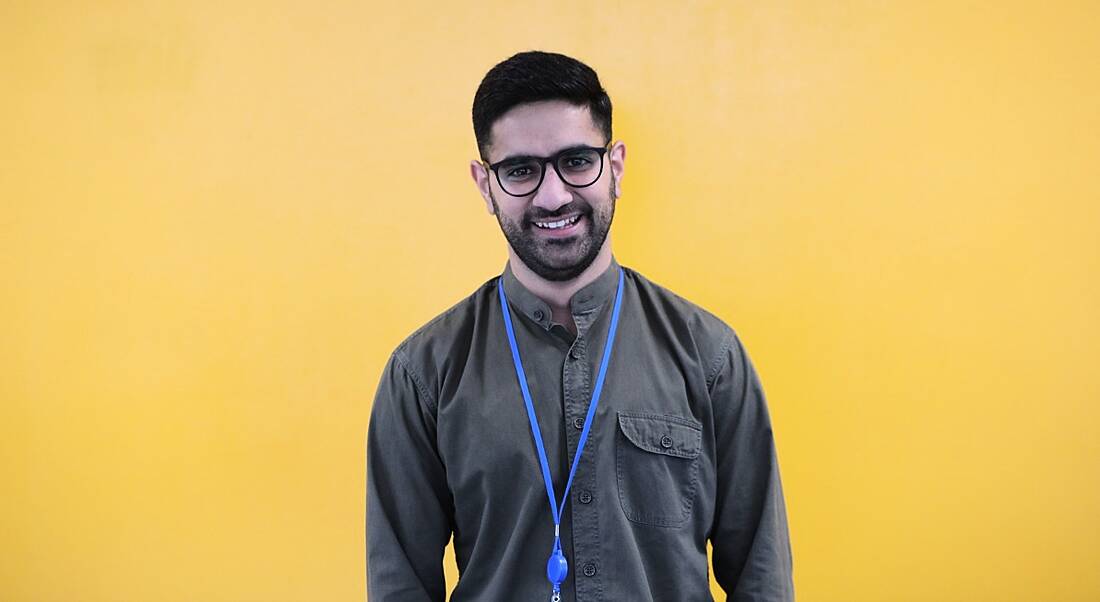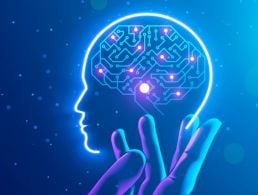When your job involves finding the best solution to resolve issues, continuous learning is paramount.
Learning on the job is becoming the norm these days. Everyone is getting to grips with the fact that your education doesn’t end with your degree.
This week, we’ve been focusing on the future of work, and a lot of the advice we’re hearing is about ensuring you are constantly learning and developing yourself to ensure your skillset is future-proof.
Continuously learning better ways of doing things is not a new phenomenon. In fact, finding new ways to do something can be an essential skill to any job that involves problem-solving.
One such career is software engineering. Vinod Madan is a software engineer at Globoforce and he talked to Siliconrepublic.com about the importance of problem-solving and continuous learning in his job.
What is your role within Globoforce?
I am a software engineer.
If there is such a thing, can you describe a typical day in the job?
As a software engineer in a scrum team, my typical day is spent coding a new feature or brainstorming ideas to find the best solution to resolve an issue.
What types of project do you work on?
The majority of my work is to build new products and services for our customers who use our social recognition platform.
We work on Java projects and web services using technologies including Java J2EE, Spring MVC and REST, to name a few.
What skills do you use on a daily basis?
I use my software development skills, primarily Java and my SQL.
In addition to technical skills, I collaborate frequently with cross-functional teams, and troubleshoot bugs to make the code or platform work efficiently.
What is the hardest part of your working day?
Sometimes, projects don’t go as planned. Even though you have invested a considerable amount of time on a project, the code doesn’t work. However, with the help and support of my team, I am able to get over it quickly (mostly!).
Do you have any productivity tips that help you through the working day?
Never be afraid to ask questions regardless of whether they are simple or tough, because you always learn something new.
When you first started this job, what were you most surprised to learn was important in the role?
My biggest surprise was discovering that even a small change – for example, adding a punctuation like a semicolon – can bring the whole product or system down.
On the bright side, this taught me the significance of paying attention to detail as well as learning that, sometimes, the biggest problems have the simplest solutions.
How has this role changed as this sector has grown and evolved?
With so many advancements in technology, one needs to continually update one’s skills and keep up with the change. One has to keep learning new and better ways of doing things.
What do you enjoy most about the job?
I really enjoy the technical challenges I get to overcome every day. Fixing issues in the code helps me grow my domain knowledge with practical knowledge.




